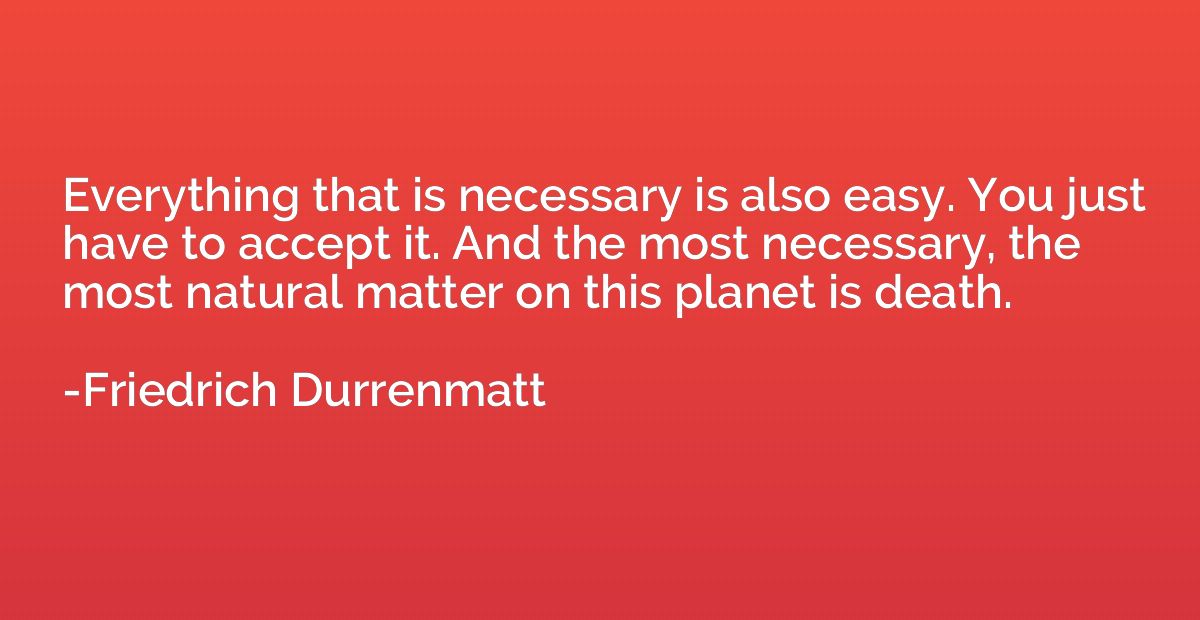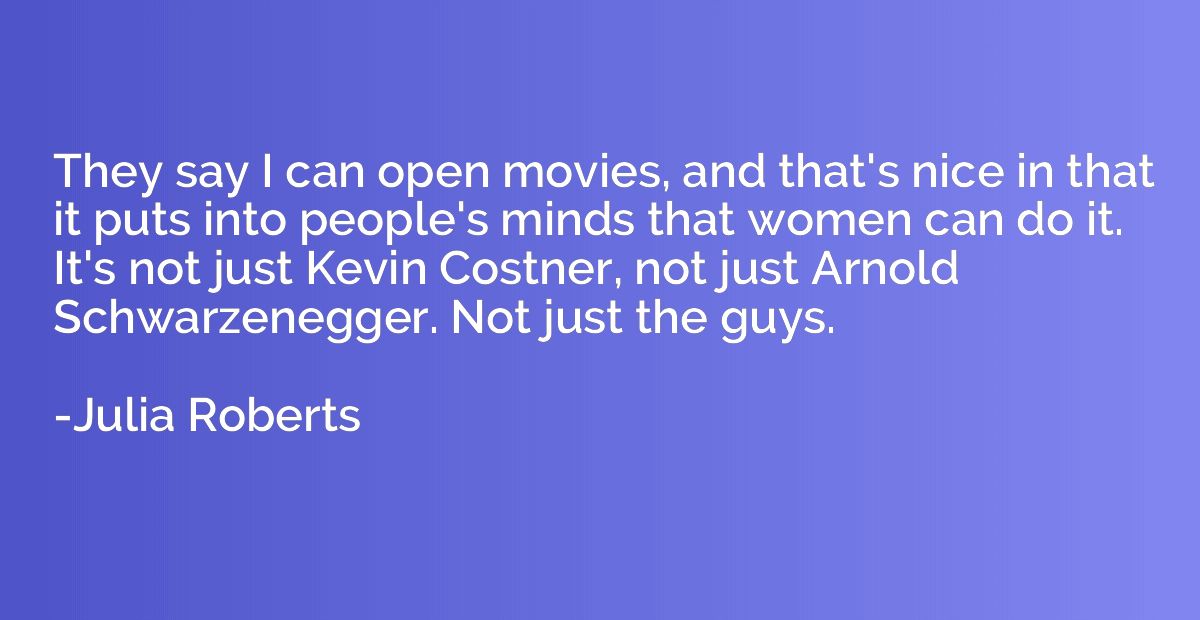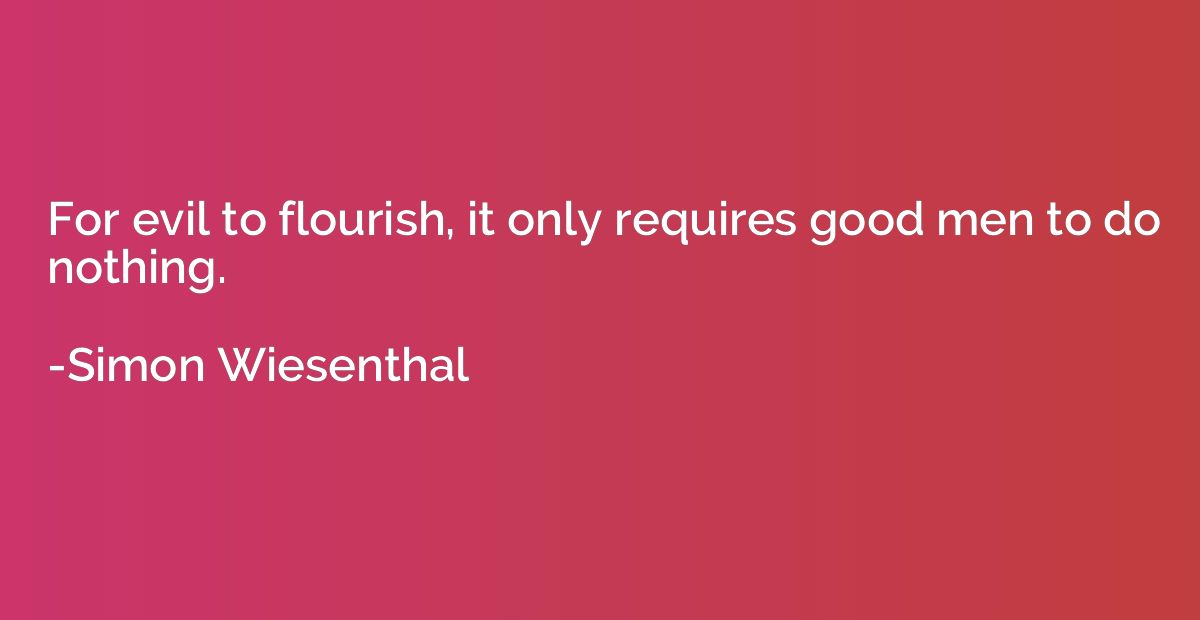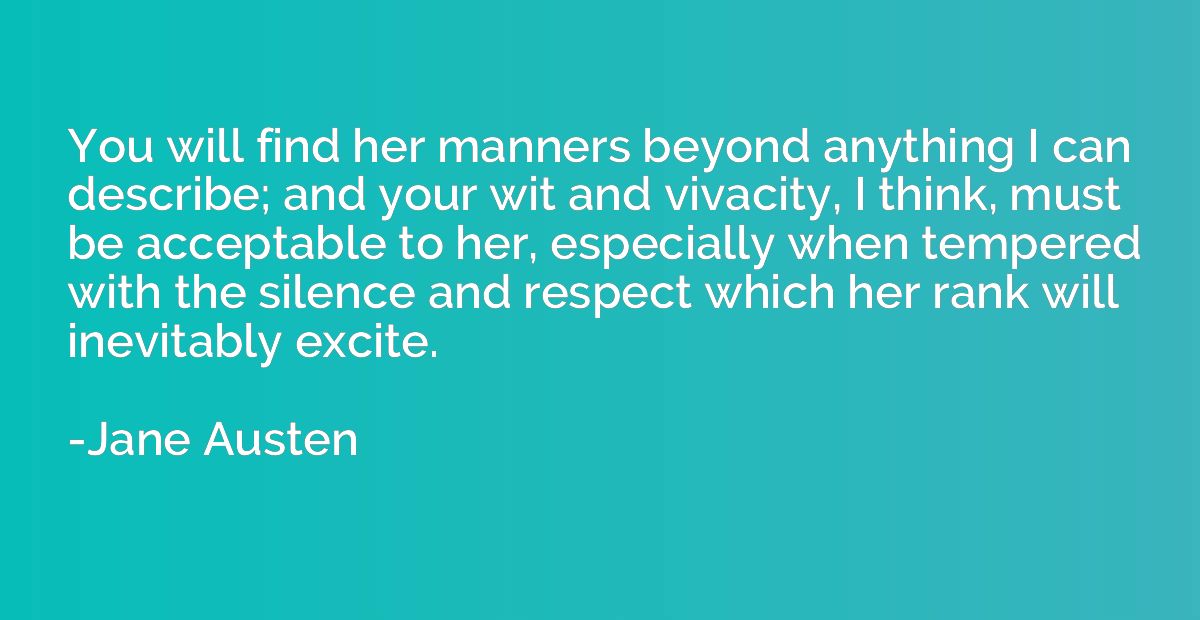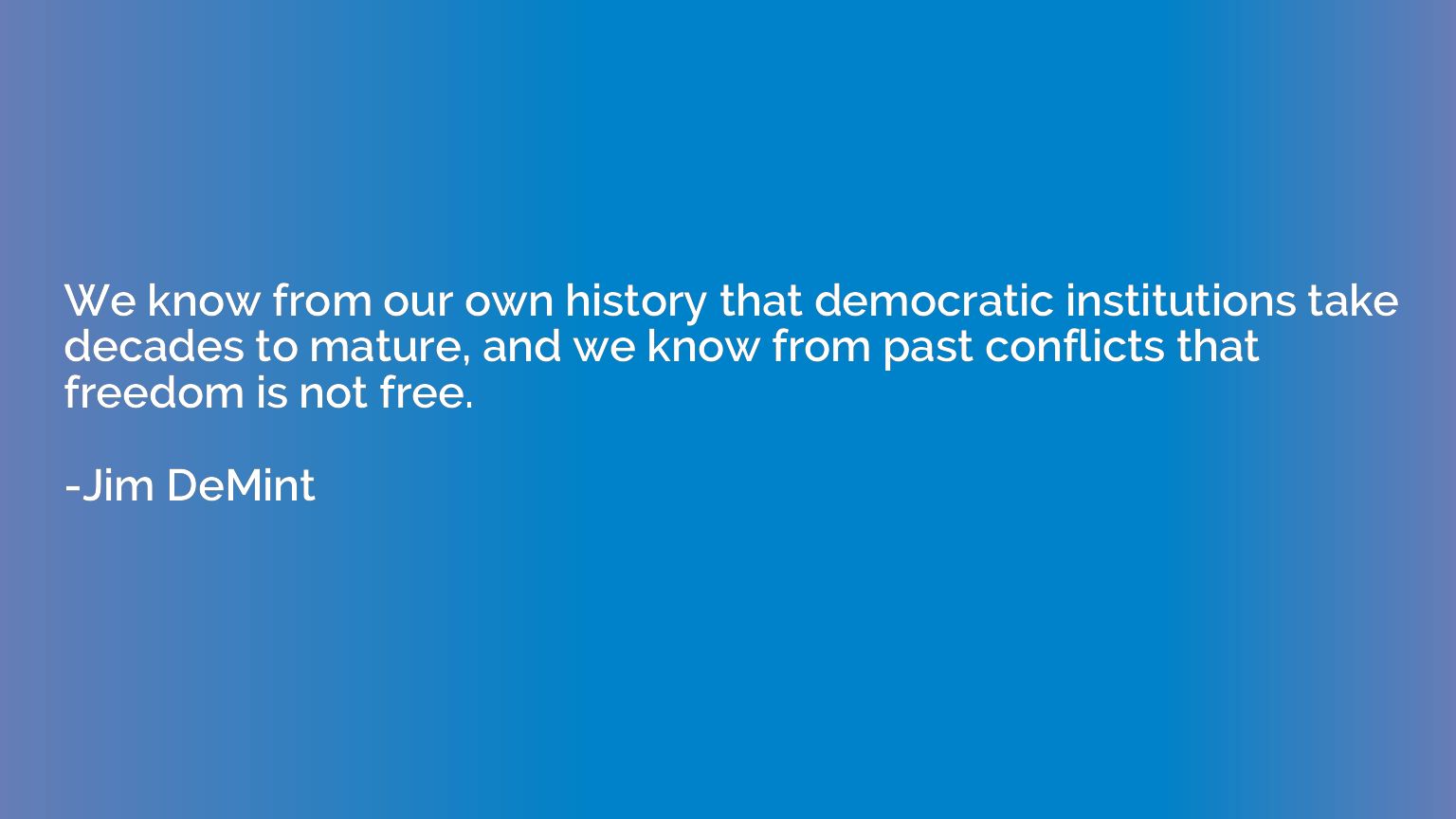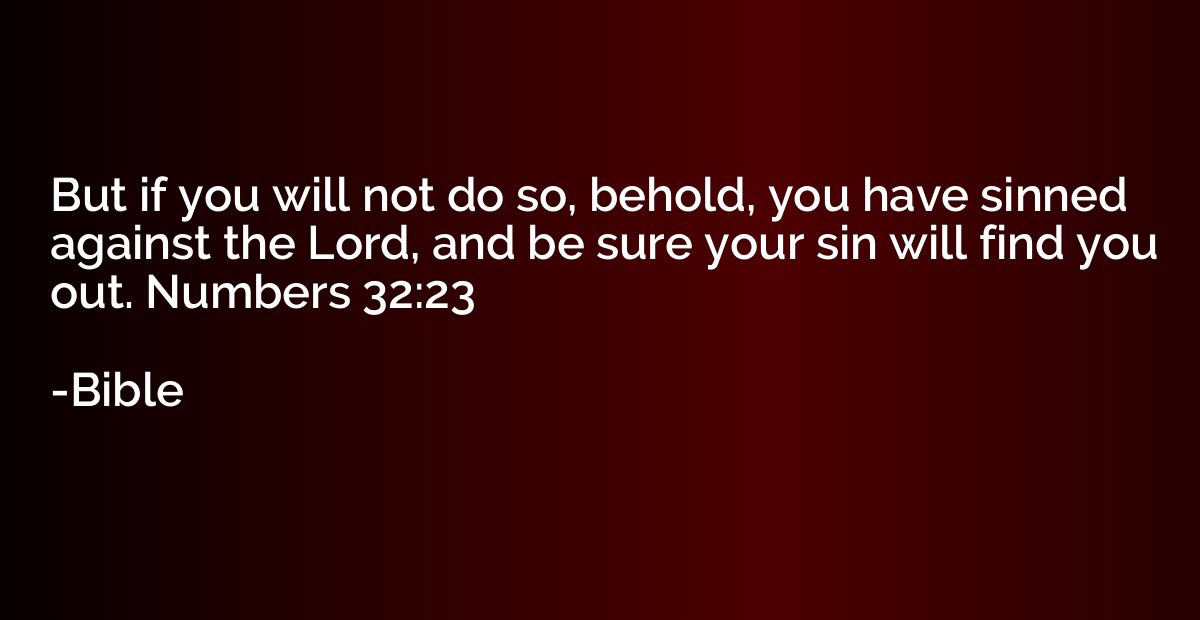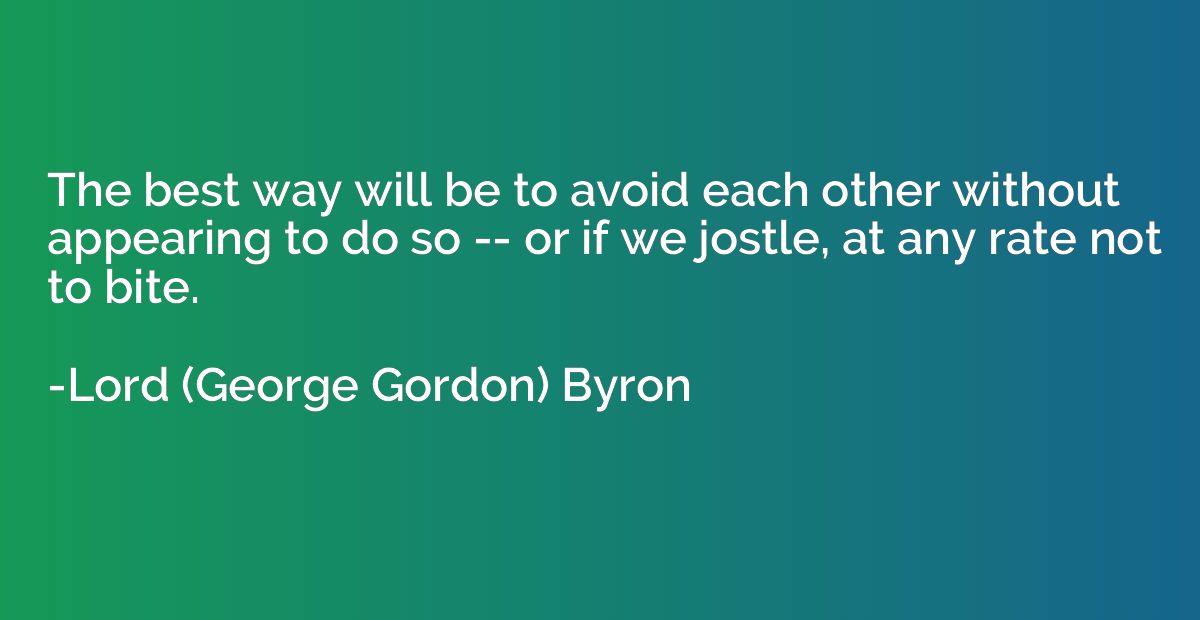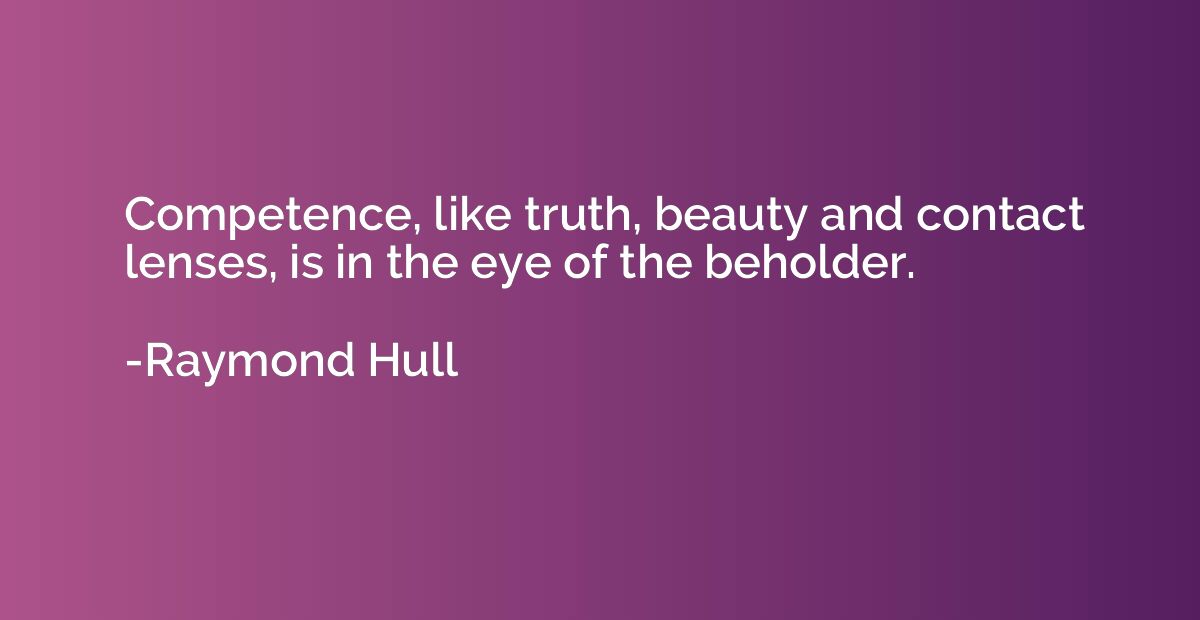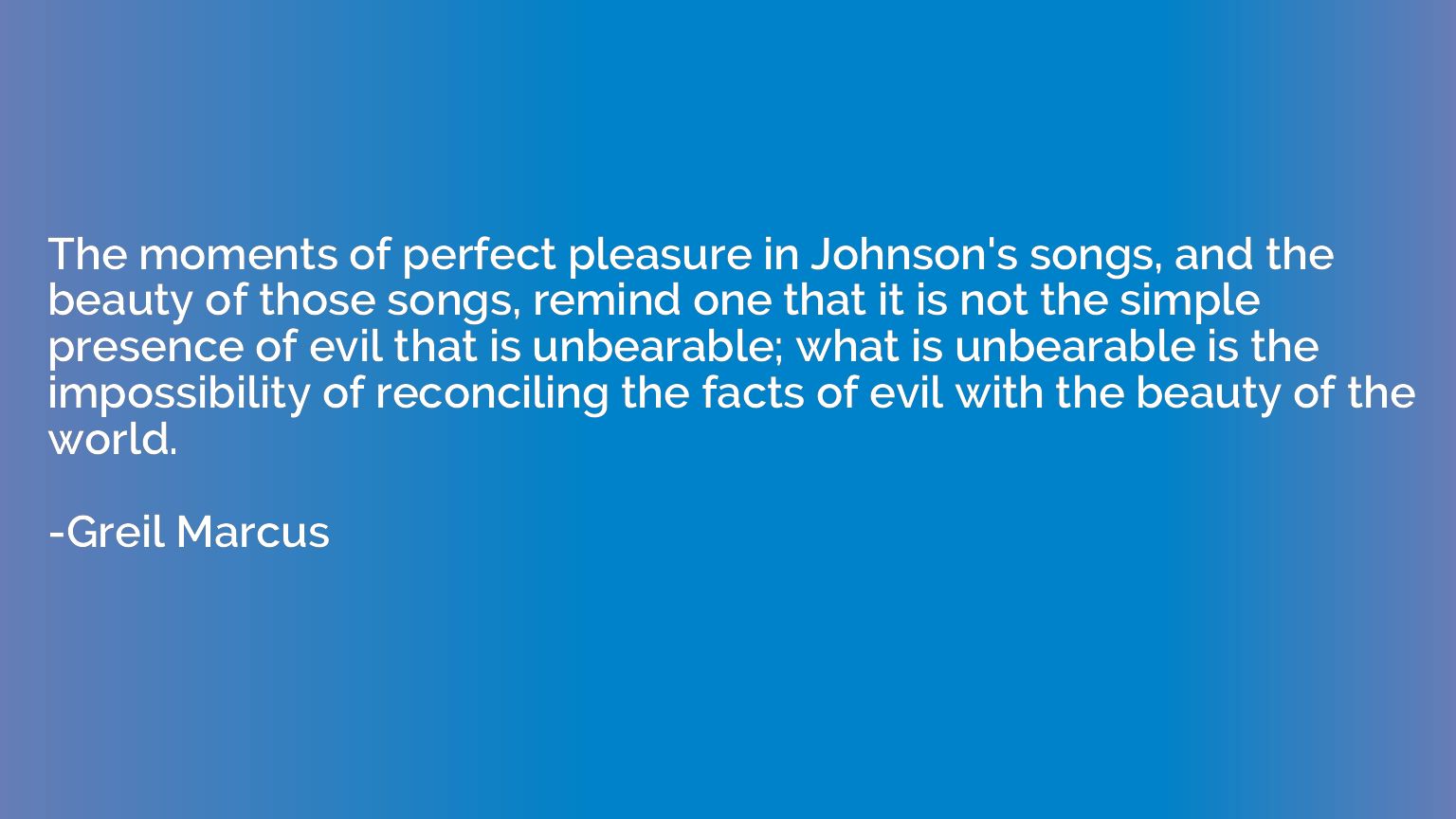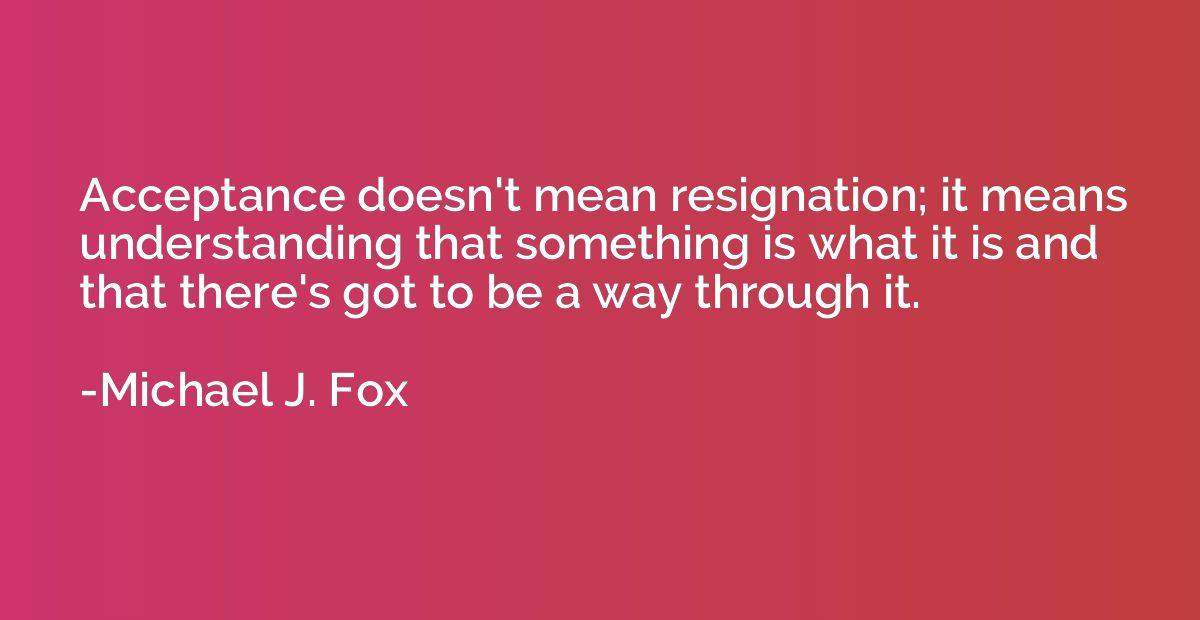Quote by Edward George BulwerLytton
What is past is past, there is a future left to all men, who have the virtue to repent and the energy to atone.
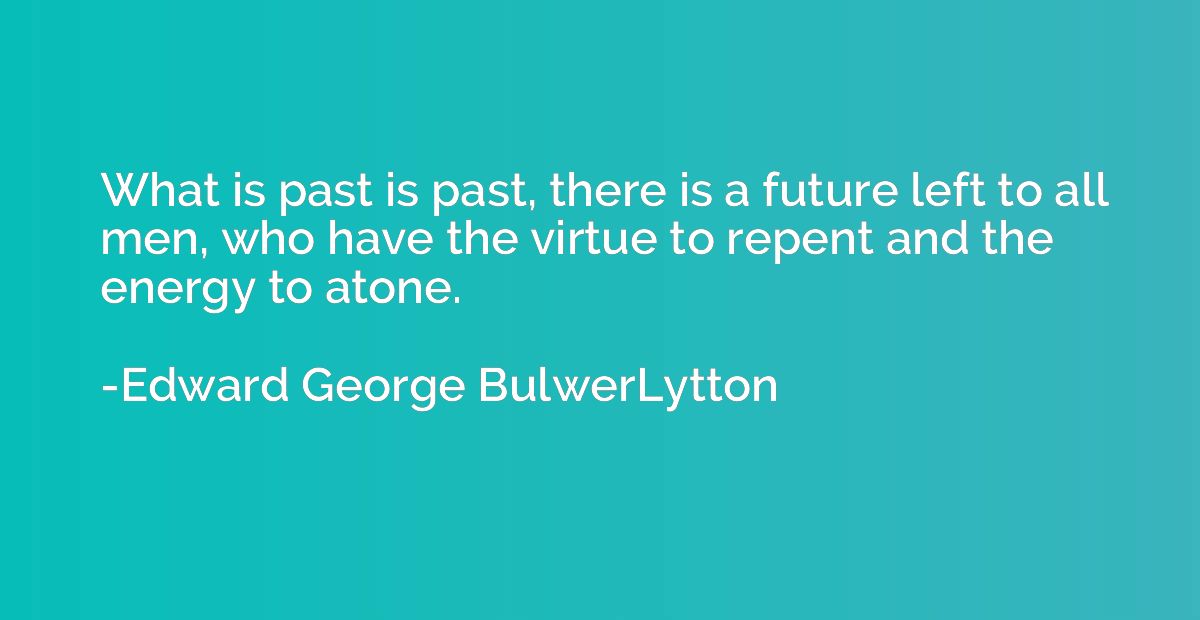
Summary
This quote suggests that dwelling on the past is futile because it cannot be changed. However, there is always a future ahead for those who possess the moral strength to acknowledge their mistakes and the determination to make amends. It emphasizes the importance of repentance and redemption, highlighting the potential for growth and transformation in individuals who take responsibility for their actions and actively seek to reconcile for past wrongs. Ultimately, it underscores the hopeful message that no matter what has happened in the past, there is still a chance for redemption and a brighter future.



